The Beatles broke up in 1970, but you wouldn’t know it from the activity of the last few years. In no particular order, we have had an underwhelming valedictory single, “Now and Then,” raised from the dead thanks to the wonders of artificial intelligence and Peter Jackson alike; an eight-hour – eight!– documentary, Get Back, resurrected from the footage of the Let It Be sessions; and now, an all-singing, all-dancing reissue on Disney+ of the Nineties Anthology documentary series, which has been promoted with the fourth volume of offcuts and rare tracks from the band’s career, appropriately titled Anthology 4.
Even the biggest fan of the Beatles in the world – and I believe them to be the greatest band there has ever been – might be forgiven for feeling somewhat overwhelmed at this artistic necrophilia. Forty-five years after John Lennon was assassinated, the Beatles are now purely the preserve and creation of Paul McCartney, and the amiable but ruthless Liverpudlian has ensured that “his” band continues to be seen as a trendsetting, risk-taking enterprise. Hence this rag-tag assortment of 36 tracks, running a shade under two hours.
In truth, anyone who has already purchased many of the reissued Beatles albums over the years, including Let It Be… Naked – McCartney stripping the band’s underwhelming final release of the Phil Spector overdubs – will have heard many of the tracks, meaning that only casual fans will find this wholly original. And I doubt that most casual fans will be especially bothered by the opportunity to hear, say, the orchestral arrangements for “I Am The Walrus” and “Something” – the latter of which sounds like really good film music and makes one salute George Martin’s skills as an arranger – or a third take version of “While My Guitar Gently Weeps.”
The earlier material, meanwhile, is charming – such as the first take of “In My Life,” a song that only grows in poignancy and pathos as the years go by – but it also reminds the listener that over the decade or so that the Beatles were in operation, they had a remarkably swift trajectory from highly successful, polished pop music to daring, boundary-pushing experimentation that was nevertheless always rooted in the Tin Pan Alley-esque basics of great, classical songwriting savvy. It is nigh-on impossible to listen to the final three songs on Abbey Road and not be deeply affected by McCartney attempting to make his peace with a legacy that has, of course, defined his life and work ever since. No wonder he sang “Boy, you’re going to carry that weight a long time”; for the last 55 years, that weight has indeed been carried, through thick and thin alike.
Anthology 4 will not be the last release of the Beatles. The nearly unlistenable experimental jam Carnival of Light has never been officially (or unofficially) released, and it seems likely that one day McCartney will set it free from its cage, and there are many hundreds of other versions of songs, takes, instrumentals and the like waiting to appear on Anthology 13 and the like. For the committed aficionado, who can have an hour-long argument about whether the sixth or eighth take of the studio version of “Hello Goodbye” is superior, this will be nothing less than nirvana.
Yet I can’t help thinking – allied to the underwhelm of “Now and Then” – that, for the first time, the sheer accumulation of detail and trivia runs the risk of letting daylight in upon magic, and making the Beatles seem, well, ordinary – which is something that they never were, or never could be. Perhaps McCartney and Ringo, who are both awaiting the Sam Mendes-directed films about each member of the band – expected in 2028 – might be advised to step in and say, “Right lads, enough is enough”, and to let the whole, magnificent enterprise rest in dignity. You might even say that it was time to let it be.



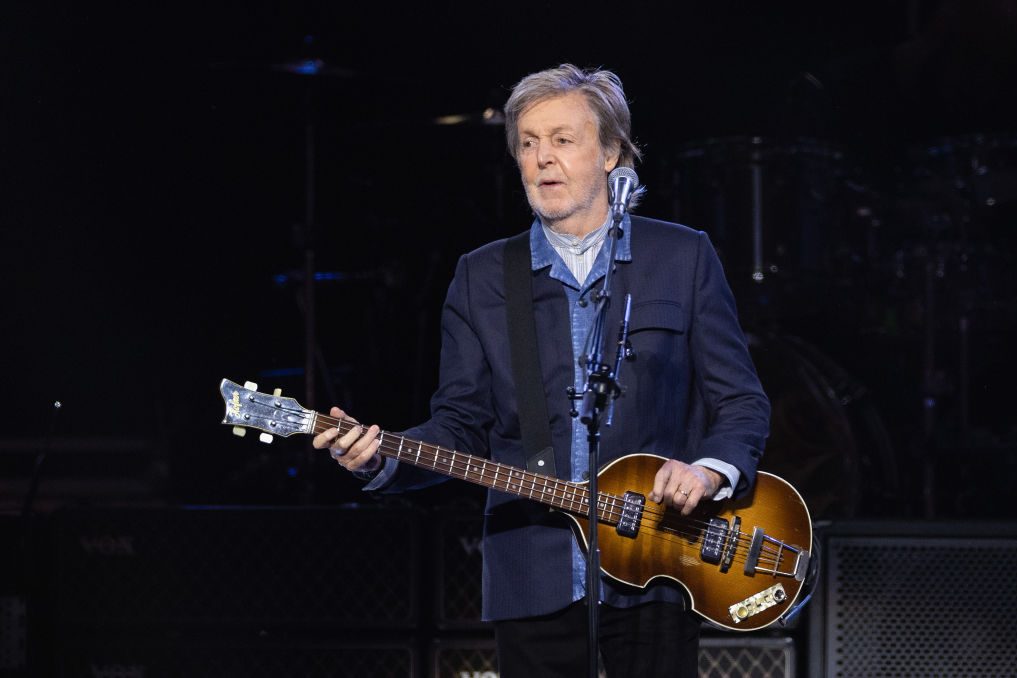







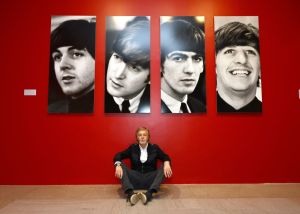

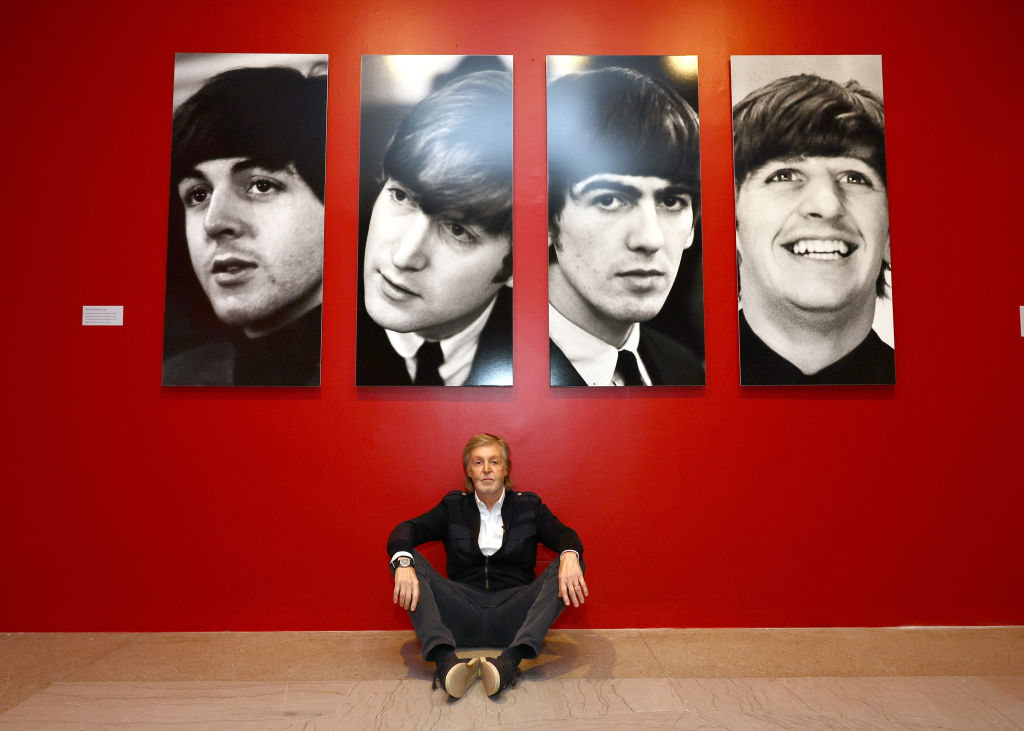
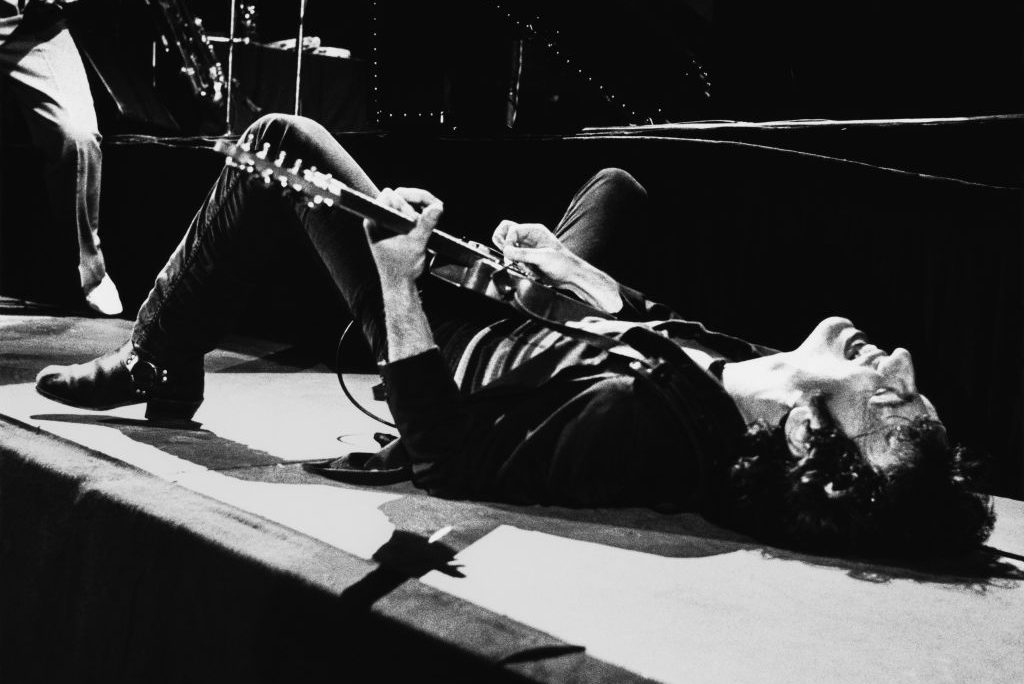
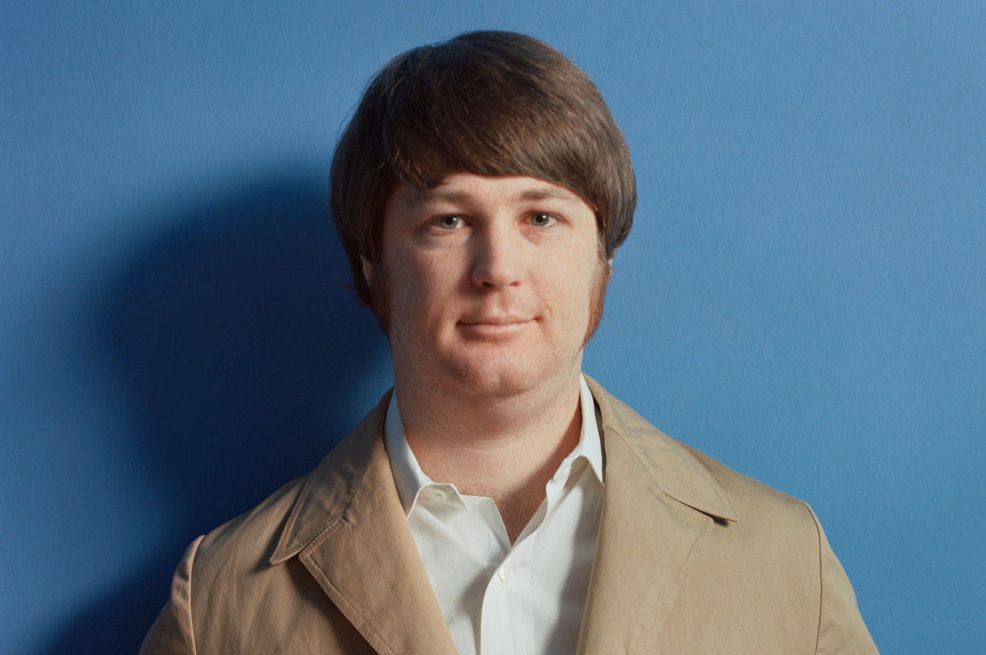
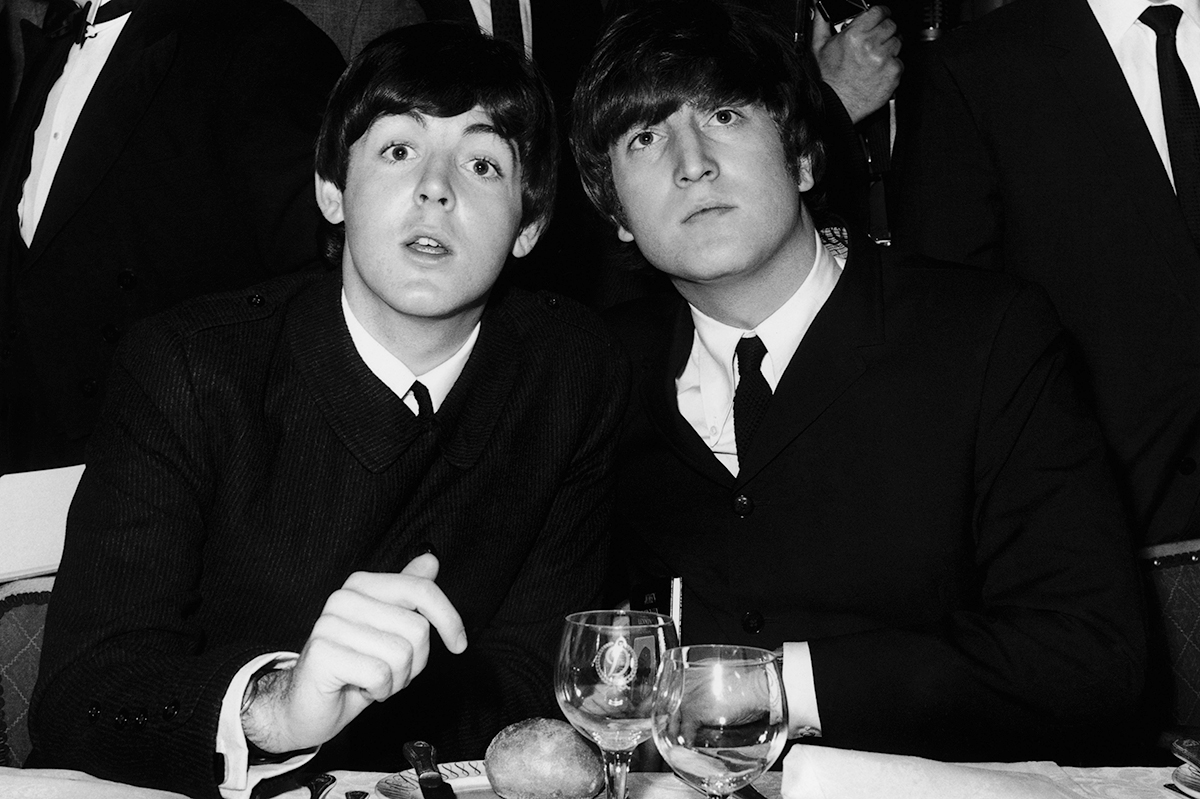

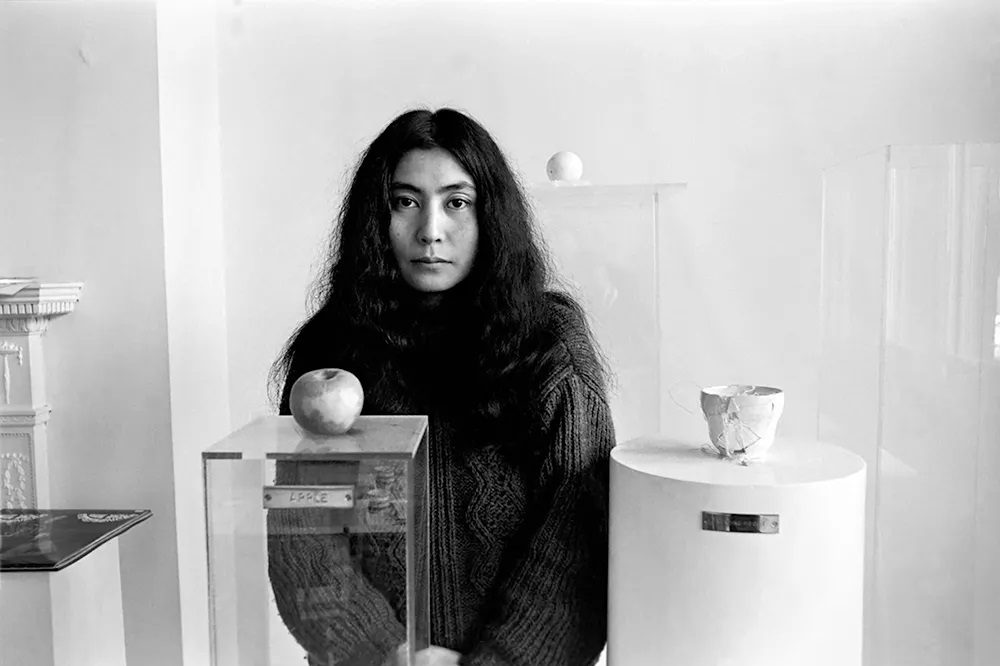







Leave a Reply